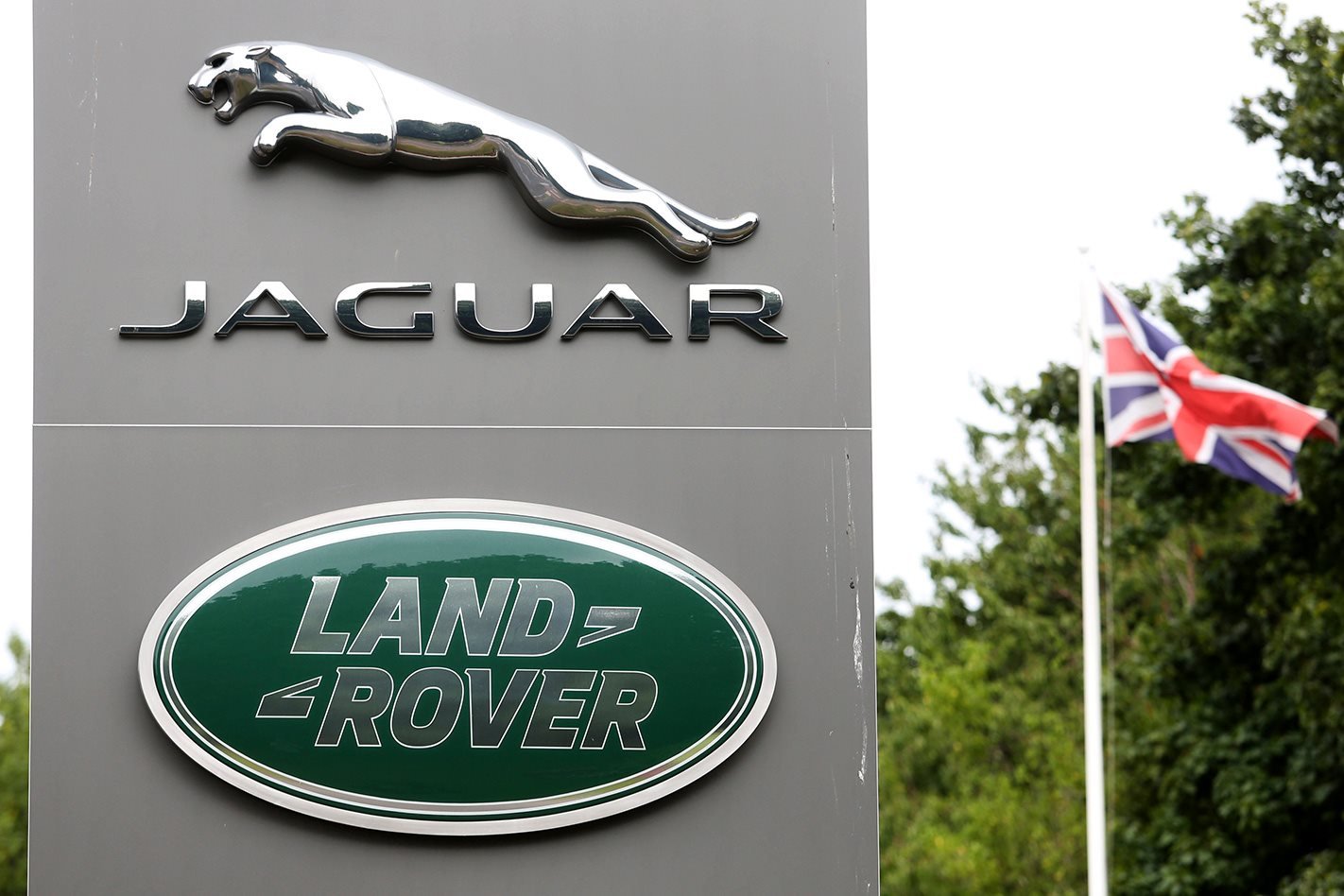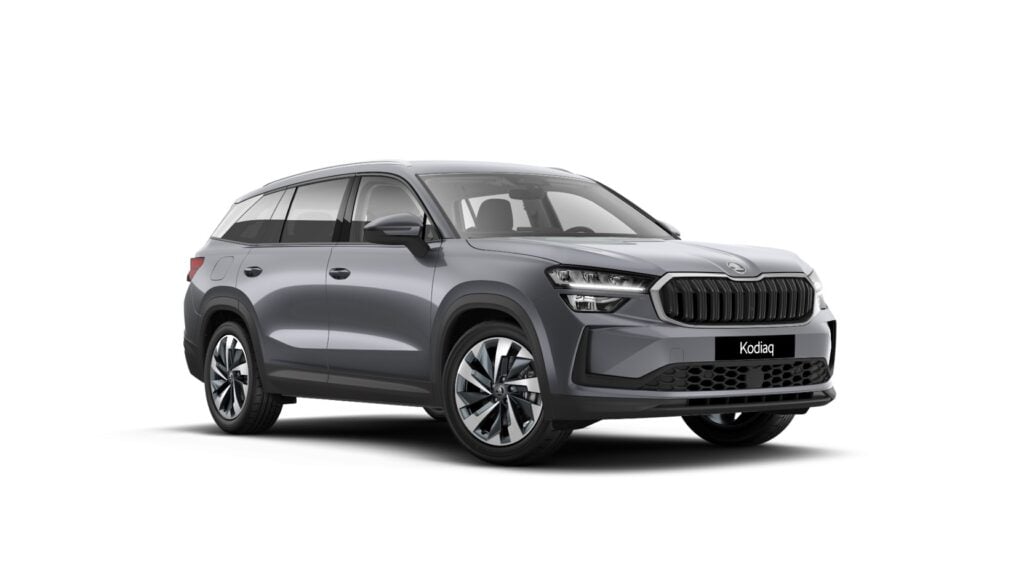JAGUAR LAND ROVER (JLR) has confirmed overnight it will slash 4500 jobs from its UK workforce to ensure the company’s long-term profitable growth.
The cuts mean around 10 percent of the Tata-owned company will be out of a job, with plants in Castle Bromwich, Solihull, and Halewood affected.
This latest round of job losses follows the 1500 workers who were cut last year. The most recent cuts are part of what JLR calls a “turnaround and transformation programme” as it transitions away from diesel and towards electric, and hopes to save $A4.4 billion over the next 18 months.
JLR has not yet announced how many jobs will be lost at each specific location. However, JLR CEO Dr Ralf Speth told media that “all locations” within the UK were likely to see some form of job losses.
Dr Speth added the focus will mainly be on “the management and leadership areas of our facilities”, with employees initially reduced through a voluntary redundancy programme, or early retirement packages.
“We are taking decisive action to help deliver long-term growth, in the face of multiple geopolitical and regulatory disruptions as well as technology challenges facing the automotive industry,” Dr Speth said.
JLR is the UK’s largest car manufacturer but demand for its sedans and diesel engines has declined sharply while sales in the world’s largest new car market, China, fell 21.6 percent last year. Those figures look particularly bad when that market contracted by 6 percent overall.
As a result, the company posted a A$159 million loss in the third-quarter of 2018.
Last year JLR shut down its Solihull plant for two weeks in October due to reduced demand, while the Castle Bromwich site which manufactures the XE and XF operated on a three-day week during December.
While JLR has refrained from confirming any immediate factory closures, with Dr Speth stating, “we have to wait for politics – what will happen after 29th March?” in reference to the deadline for a hard Brexit as the UK leaves the European Union.
Amid the cut announcements, JLR confirmed further investment in electric vehicles, with electric drive units to be built at a Wolverhampton factory from 2020, and a new battery assembly centre at Hams Hall to be built.






